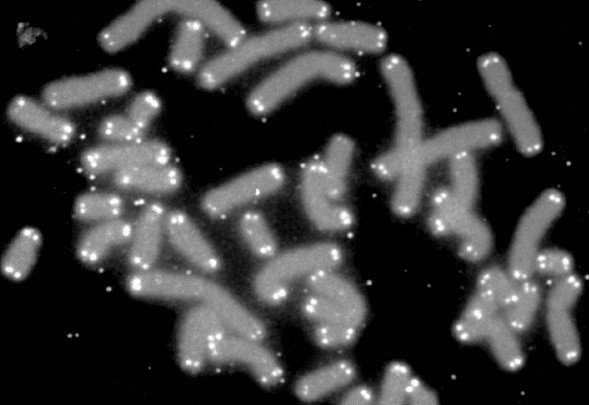Healthy Diet and Exercise 'Reverses Ageing Process'

A healthier diet, more exercise and better stress management reverses the ageing process, scientists have found.
Researchers have found that going on a health kick increases the length of telomeres, the parts of chromosomes that affect ageing.
Normally, over time, telomeres get shorter. They are protective caps on the end of chromosomes and help them remain stable. As they shorten, their structural integrity deteriorates and cells age and die faster.
Shorter telomeres have been associated with a number of age-related diseases, including cancer, stroke, vascular dementia, osteoporosis and cardiovascular disease.
A study by scientists at the University of California San Francisco and the Preventive Medicine Research Institute, published in The Lancet Oncology, found that prostate cancer sufferers increased the length of their telomeres by 10% by leading healthier lifestyles.
Dean Ornish, lead author of the study, said: "Our genes, and our telomeres, are not necessarily our fate. So often people think 'Oh, I have bad genes, there's nothing I can do about it'.
Breakthrough finding
"But these findings indicate that telomeres may lengthen to the degree that people change how they live."
The team followed 35 men with early stage prostate cancer. Ten of the participants undertook a diet high in fruits, vegetables and unrefined grains, and low in fat and refined carbohydrates and they engaged in moderate exercise.
They reduced their stress by doing gentle yoga-based stretching, breathing and meditation and took part in weekly group support. The remaining participants were not asked to make any lifestyle changes.
Over five years, telomere length increased significantly in the healthy lifestyle group and shortened by three % in the group that were not asked to make changes.
Peter Carroll, study co-author, said: "This was a breakthrough finding that needs to be confirmed by larger studies. Telomere shortening increases the risk of a wide variety of chronic diseases.
"We believe that increases in telomere length may help to prevent these conditions and perhaps even lengthen lifespan."
© Copyright IBTimes 2025. All rights reserved.




















